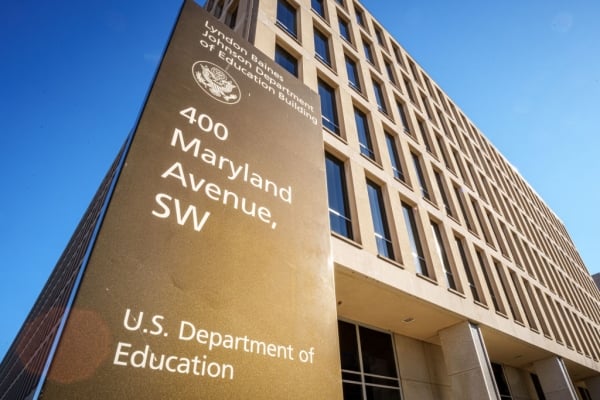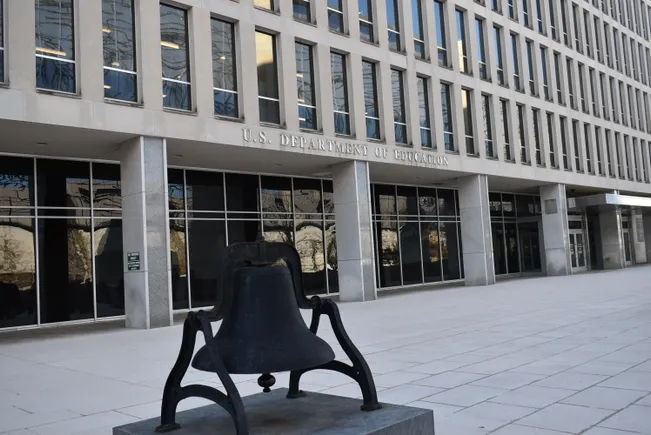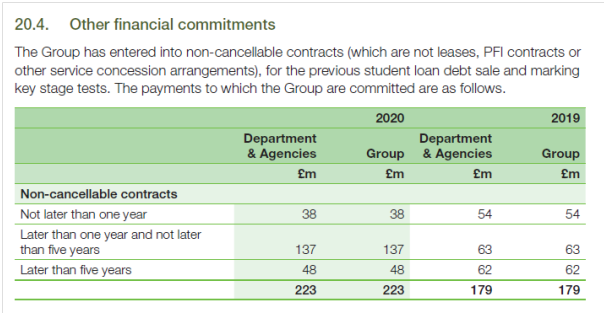This story first appeared in Hechinger’s climate and education newsletter. Sign up here.
In Illinois, the Chicago Teachers Union won a contract with the city’s schools to add solar panels on some buildings and clean energy career pathways for students, among other actions. In Minnesota, the Minneapolis Federation of Educators demanded that the district create a task force on environmental issues and provide free metro passes for students. And in California, the Los Angeles teachers union’s demands include electrifying the district’s bus fleet and providing electric vehicle charging stations at all schools.
Those are among the examples in a new report on how unionized teachers are pushing their school districts to take action on the climate crisis, which is damaging school buildings and disrupting learning. The report — produced by the nonprofit Building Power Resource Center, which supports local governments and leaders, and the Labor Network for Sustainability, a nonprofit that seeks to unite labor and climate groups — describes how educators can raise demands for climate action when they negotiate labor contracts with their districts. By emphasizing the financial case for switching to renewable energy, educators can simultaneously act on climate change, improve conditions in schools and save districts money, it says.
As federal support and financial incentives for climate action wither, this sort of local action is becoming more difficult — but also more urgent, advocates say. Chicago Public Schools has relied on funding for electric buses that has been sunsetted by the Trump administration, said Jackson Potter, vice president of the Chicago Teachers Union. But the district is also seeking other local and state funding and nonprofit support.
Bradley Marianno, an associate professor in the College of Education at the University of Nevada, Las Vegas, said that educator unions embracing climate action is part of a move started about 15 years ago in which more progressive unions — like those in Chicago, Los Angeles and elsewhere — focus on “collective good bargaining,” or advocating for changes that are good for their members but also the broader community. But this approach is unlikely to catch on everywhere: “The risk lies in members feeling that core issues like wages and working conditions are being overlooked in favor of more global causes,” he wrote in an email.
I recently caught up with Potter, the CTU vice president, about the report and his union’s approach to bargaining for climate action. Collaborating with local environmental and community groups, the Chicago Teachers Union ultimately succeeded in winning a contract that calls for identifying schools for solar panels and electrification, expanding indoor air quality monitoring, helping educators integrate climate change into their curriculum, and establishing training for students in clean energy jobs, among other steps.
This interview has been edited for length and clarity.
The report talks about contract negotiations being an underused — and effective — lever for demanding climate action. Why do you see that process as such an opportunity for climate action?
On the local level, our schools are 84, 83 years old on average. There is lead paint, lead pipes, mold, asbestos, PCBs, all kinds of contamination in the HVAC system and the walls that require upgrades. By our estimate, the district needs $30 billion worth of upgrades, and right now I think they spend $500 million a year to just do patch-up work. We’re at a point where it’s a system fail of epic proportions if we can’t figure out a way to transition and make things healthier. And so if you’re going to do a roof repair, put solar on it, have independence from fossil fuels, clean air in areas that have faced environmental racism and contamination.
We’re also dealing with a legacy of discrimination and harm, and that is true of the nation. So how do we get out of this and also save the planet and also prevent greater climate events that further destabilize vulnerable communities and put people at risk? It made sense for us to use our contract as a path to do both things — deal with this local crisis that was screaming for new solutions and ideas, in a moment when the climate is on fire, literally.
How challenging was it to get educators to view climate issues as a priority? There are so many other things, around pay and other issues, on the table.
When we started, it almost felt like people in the membership, in the community, viewed it as a niche issue. Like, ‘Oh, isn’t that cute, you care about green technology.’ As we figured out how to think about it and talk about it and probe where people were having issues in their schools, it became really obvious that when you started talking about asbestos, lead and mold remediation — and helping communities that have been hit the hardest with cumulative impacts and carcinogens and how those things are present in schools — that became much more tangible. Or even quality food and lunch and breakfast for students who are low-income. It went from bottom of the list to top of the list, instantaneously.
Your contract calls for a number of climate-related actions, including green pathways for students and agreements with building trade unions to create good jobs for students. Tell me about that.
We’re trying to use the transformation of our facilities as another opportunity for families and students in these communities that have been harmed the most to get the greatest benefit from the transformation. So if we can install solar, we want our students to be part of that project on the ground in their schools, gaining the skills and apprenticeship credentials to become the electricians of the future. And using that as a project labor agreement [which establishes the terms of work on a certain project] with the trades to open doors and opportunities. The same goes for all the other improvements — whether it’s heat pumps, HVAC systems, geothermal. And for EV — we have outdated auto shop programming that’s exclusively based on the combustible engine reliant on fossil fuels, whereas in [the nearby city of] Belvidere they are building electric cars per the United Auto Workers’ new contract. Could we gain a career path on electric vehicles that allows students to gain that mechanical knowledge and insight and prepares them for the vehicles of the future?
The report talks about the Batesville School District in Arkansas that was able to increase teacher salaries because of savings from solar. Have you tried to make the case for higher teacher salaries because of these climate steps?
The $500 million our district allocates for facility upgrades annually comes out of the general fund, so we haven’t at all thought about it in terms of salary. We’ve thought about it in terms of having a school nurse, social worker, mental health interventions at a moment when there is so much trauma. We see this as a win-win: The fewer dollars the district has to spend on facility needs means the more dollars they can spend on instructional and social-emotional needs for students. In terms of the Arkansas model, it’s pretty basic. If you get off the fossil fuel pipelines and electric lines and you become self-sufficient, essentially, powering your own electric and heat, there is going to be a boon, particularly if there are up-front subsidies.
Math and climate change
When temperatures rise in classrooms, students have more trouble concentrating and their learning suffers — in math, in particular. That’s according to a new report from NWEA, an education research and testing company.
The report, part of a growing body of evidence of the harms of extreme heat on student performance, found that math scores declined when outdoor temperatures on test days rose above 80 degrees Fahrenheit. Students in high-poverty schools, which are less likely to have air conditioning, saw declines up to twice as large as those in wealthier schools.
The learning losses grew as temperatures rose. Students who took tests on 101-degree days scored roughly 0.06 standard deviations below students who tested when temperatures were 60 degrees, the equivalent of about 10 percent of the learning a fifth grader typically gains in a school year.
It’s not entirely clear why student math scores suffer more than reading when temperatures rise. But Sofia Postell, an NWEA research analyst, said that on math tests, students must problem-solve and rely on their memories, and that kind of thinking is particularly difficult when students are hot and tired. Anxiety could be a factor too, she wrote in an email: “Research has also shown that heat increases anxiety, and some students may experience more testing anxiety around math exams.”
The study was based on data from roughly 3 million scores on NWEA’s signature MAP Growth test for third to eighth graders in six states.
The report urged school, district and state officials to take several steps to reduce the effects of high heat on student learning and testing. Ideally, tests would be scheduled during times of the year when it wasn’t so hot, it said, and also during mornings, when temperatures are cooler. Leaders also need to invest in updating HVAC systems to keep kids cool.
“Extreme heat has already detrimentally impacted student learning and these effects will only intensify without action,” wrote Postell.
Mea culpa: A quick note to say I got two things wrong in my last newsletter — the name of the Natural Resources Defense Council was incorrect, as was the number of hours of learning California students have missed so far this year. It’s more than 54,000.
Contact editor Caroline Preston at 212-870-8965, via Signal at CarolineP.83 or on email at [email protected].
This story about teachers unions was produced by The Hechinger Report, a nonprofit, independent news organization focused on inequality and innovation in education. Sign up for the Hechinger newsletter on climate and education.








